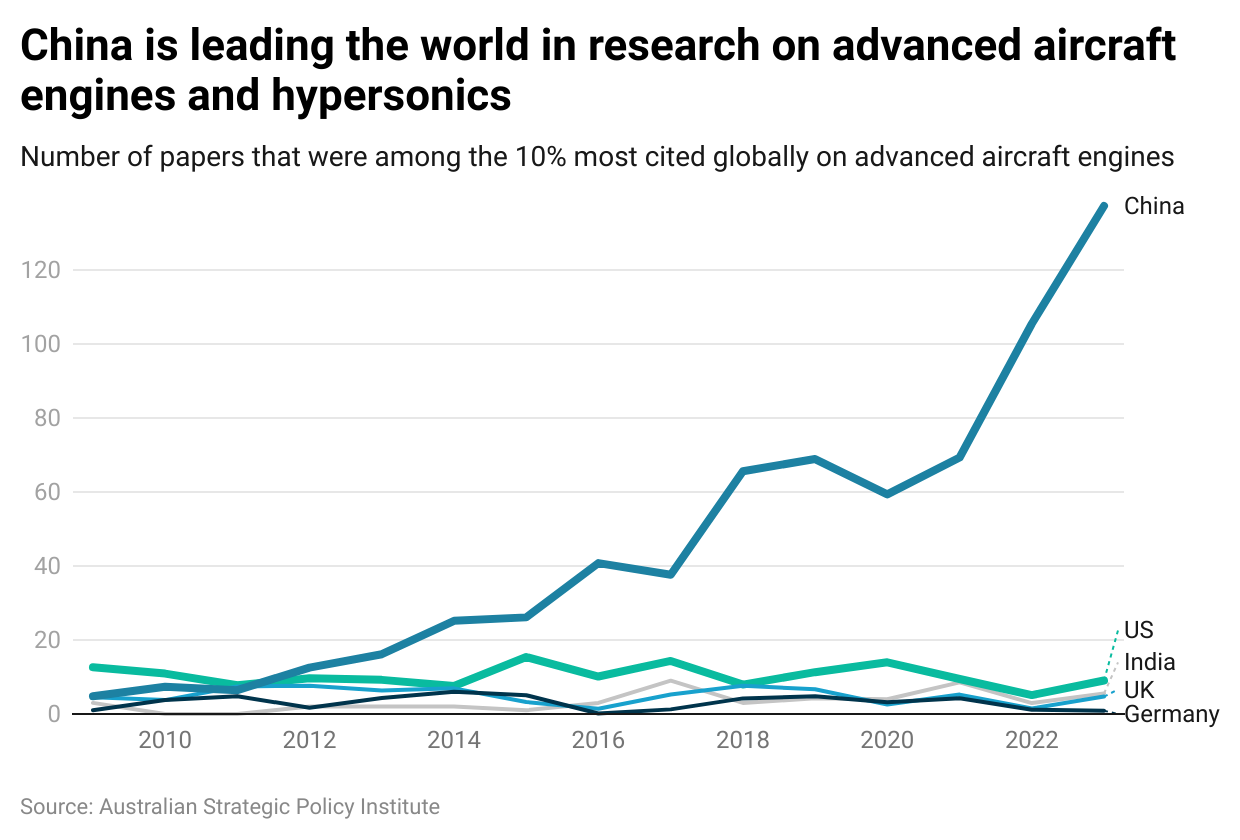How Trump 2.0 Could Herald a New Age of Authoritarian Capitalism

```html
The Spectre of Authoritarian Capitalism: Trump's Return and the Global Turning Point
The Rise of Trump 2.0 and the Shifting Global Landscape
Donald Trump's re-election marks a pivotal moment, not just for America, but for the world. This isn't the same Trump who shocked the system in 2016. This is Trump 2.0, emboldened, organized, and backed by a broader base. His victory, coupled with the rise of right-wing populism across the West, presents a significant challenge to the global economy, threatening peace, prosperity, and even the planet.
Trump's return must be understood within the context of significant geopolitical and economic shifts. China's economic success has forced Western governments to reconsider free-market orthodoxy and embrace industrial policy. Trump's "trade war" with China, while ostensibly about jobs, was fundamentally a struggle for technological supremacy.
The Dragon's Shadow and the Limits of Bidenomics
China's economic rise has been nothing short of spectacular, challenging Western assumptions and forcing a reassessment of economic strategies. The West's response has been a return to industrial policy, exemplified by Biden's Inflation Reduction Act (IRA). While the IRA spurred investment in clean energy, its impact on everyday Americans was limited, failing to address the core economic anxieties that fueled Trump's resurgence.
This disconnect between economic indicators and lived experience proved fatal for Biden. As economist Isabella Weber aptly stated, “Unemployment weakens governments. Inflation kills them.”
Trump's Economic Warfare: Tariffs, Seizures, and a Tech Cold War
Trump 2.0 promises a radical shift in industrial policy, vowing to dismantle the IRA and unleash a fossil fuel bonanza. His plans include aggressive tariffs, mass deportations, and even the seizure of foreign territories like Greenland and the Panama Canal, all in the name of "economic security."
Trump's economic nationalism extends to a potential trade war with Europe and an escalating technological cold war with China. This could lead to a bifurcated world, where nations are forced to choose between US and Chinese technology.
Europe's Dilemma and Britain's Alignment Problem
Caught between two superpowers, Europe faces a difficult choice. Lacking technological leadership and burdened by internal divisions, the EU must navigate the threat of US tariffs while grappling with the rise of far-right movements within its own borders. Britain, post-Brexit, faces an even more precarious position, forced to choose between aligning with the US and accepting potentially damaging trade terms, or re-engaging with the EU and reigniting the Brexit debate.
The Fracturing of the West and the Rise of Authoritarian Capitalism
Trump's return further erodes US soft power and exacerbates existing tensions within the West. The "rules-based international order" is crumbling, as major actors flout international norms and seek alternative alliances. The rise of authoritarian capitalism, marked by a blend of state intervention, democratic erosion, and increased surveillance, is no longer a distant threat; it's a present reality.
The Path Forward: Resisting Authoritarianism and Building a Just Future
Stoking anti-China sentiment or silencing authoritarian voices won't solve the deep-seated problems plaguing Western societies. The real enemy is an extractive economic system that fuels inequality and environmental destruction. Progressives must confront this system head-on, advocating for policies that redistribute wealth, protect civil liberties, and strengthen democracy.
The fight against authoritarian capitalism demands a new set of strategies and tactics. We must move beyond the battles of the past and confront the urgent challenges of the present. Trump 2.0 may be a dangerous development, but it also serves as a stark wake-up call. The question is, will we heed it?
"The world’s richest 1% today owns more wealth than 95% of humanity... The contrasting fortunes of the mega-rich and everyone else are not unconnected." - Laurie Macfarlane, co-director at Future Economy Scotland.